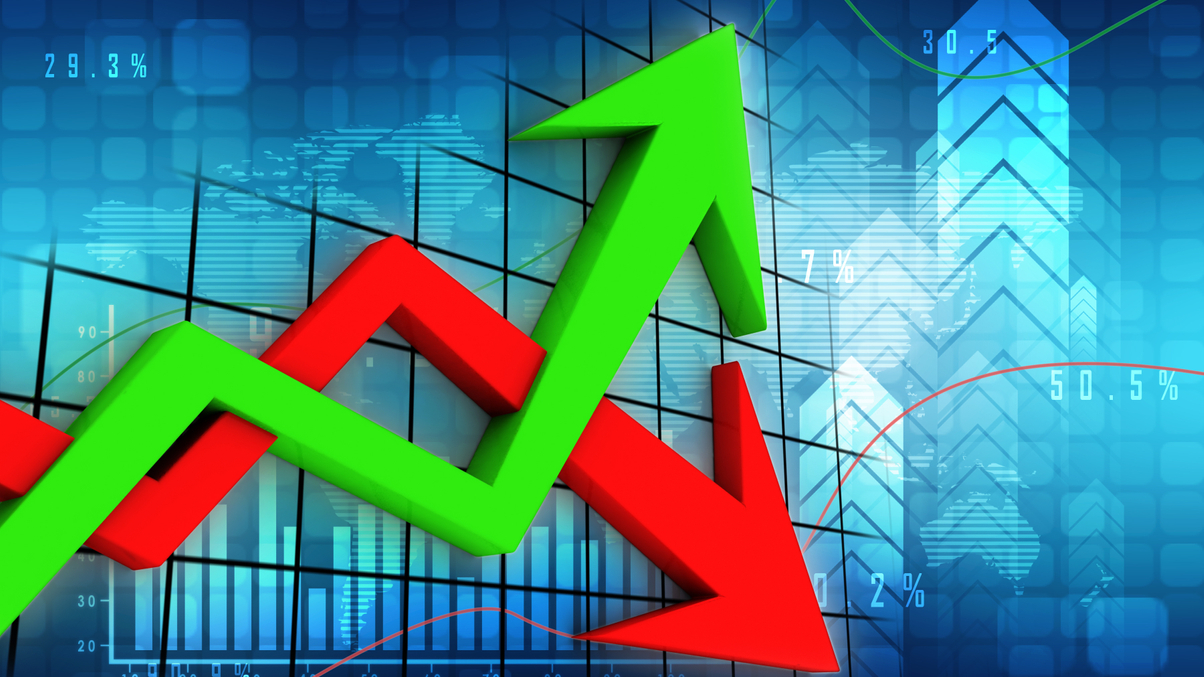Investors should brace for more Asia debt downgrades
Moody’s and fund managers believe further debt downgrades are an inevitability as Covid-19’s impact continues. China could offer both strong investments and potential defaulters.

The ongoing impact of the Covid-19 pandemic is set to see continued elevated levels of bond defaults in Asia and other parts of the world, which leaves investors with a need to be cautious – even as rate cuts cause overall bond returns to fall.
Sign in to read on!
Registered users get 2 free articles in 30 days.
Subscribers have full unlimited access to AsianInvestor
Not signed up? New users get 2 free articles per month, plus a 7-day unlimited free trial.
¬ Haymarket Media Limited. All rights reserved.


